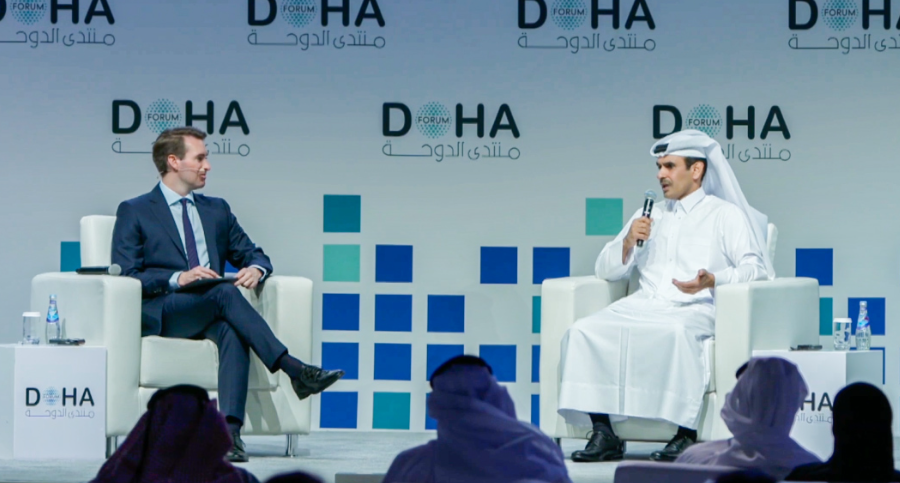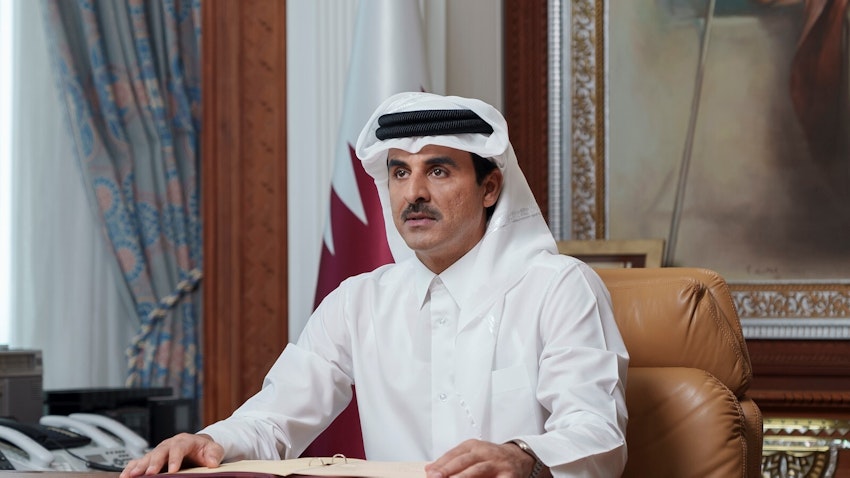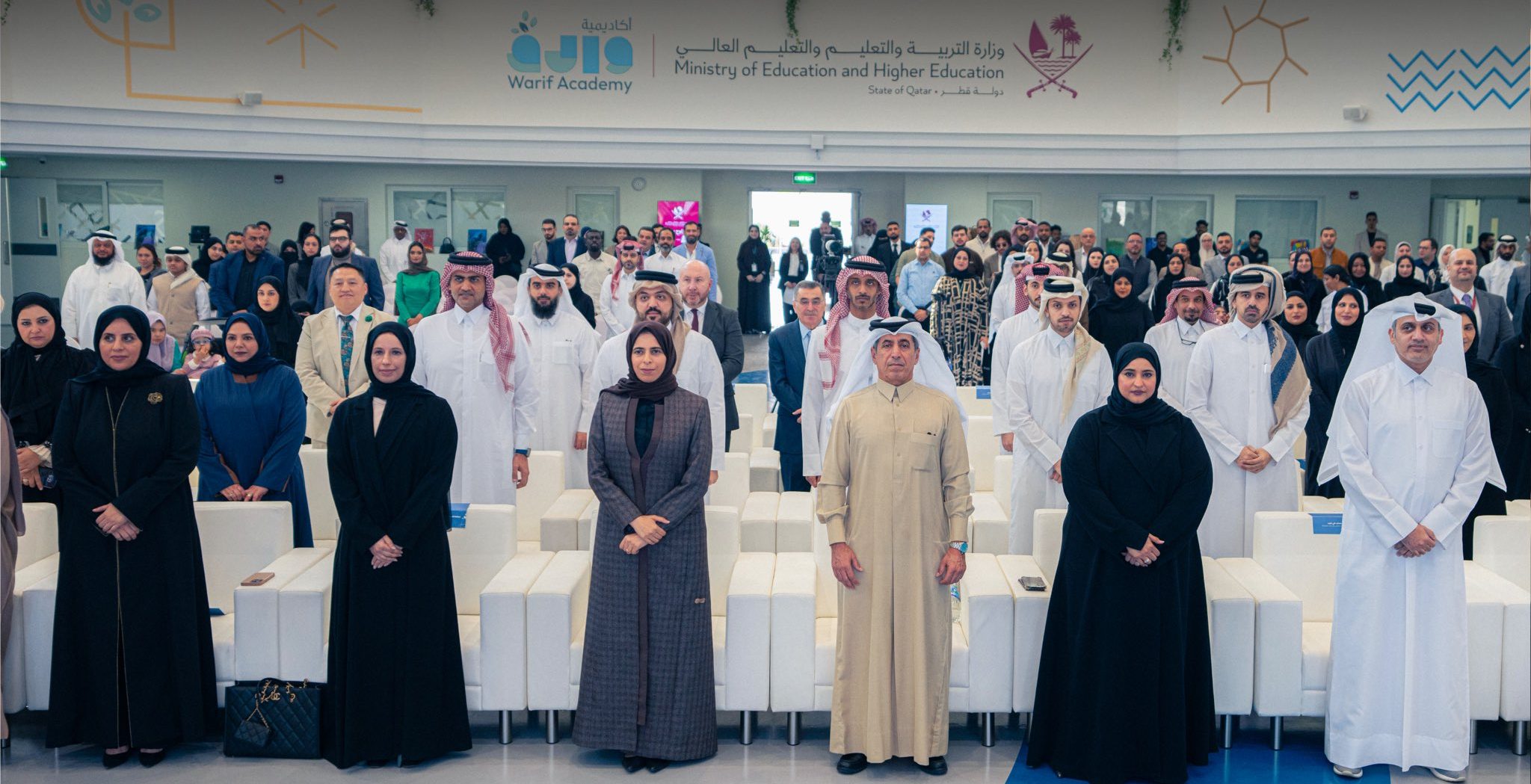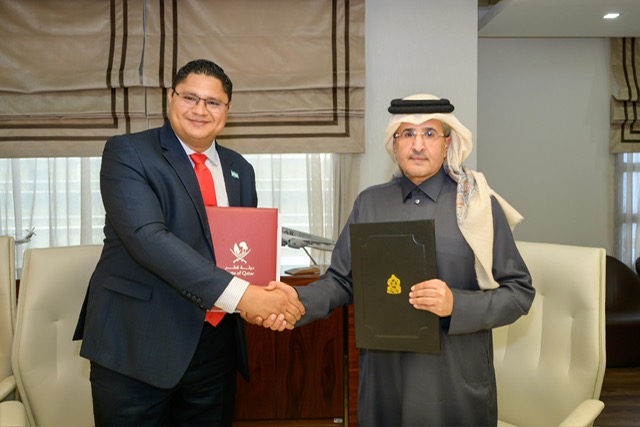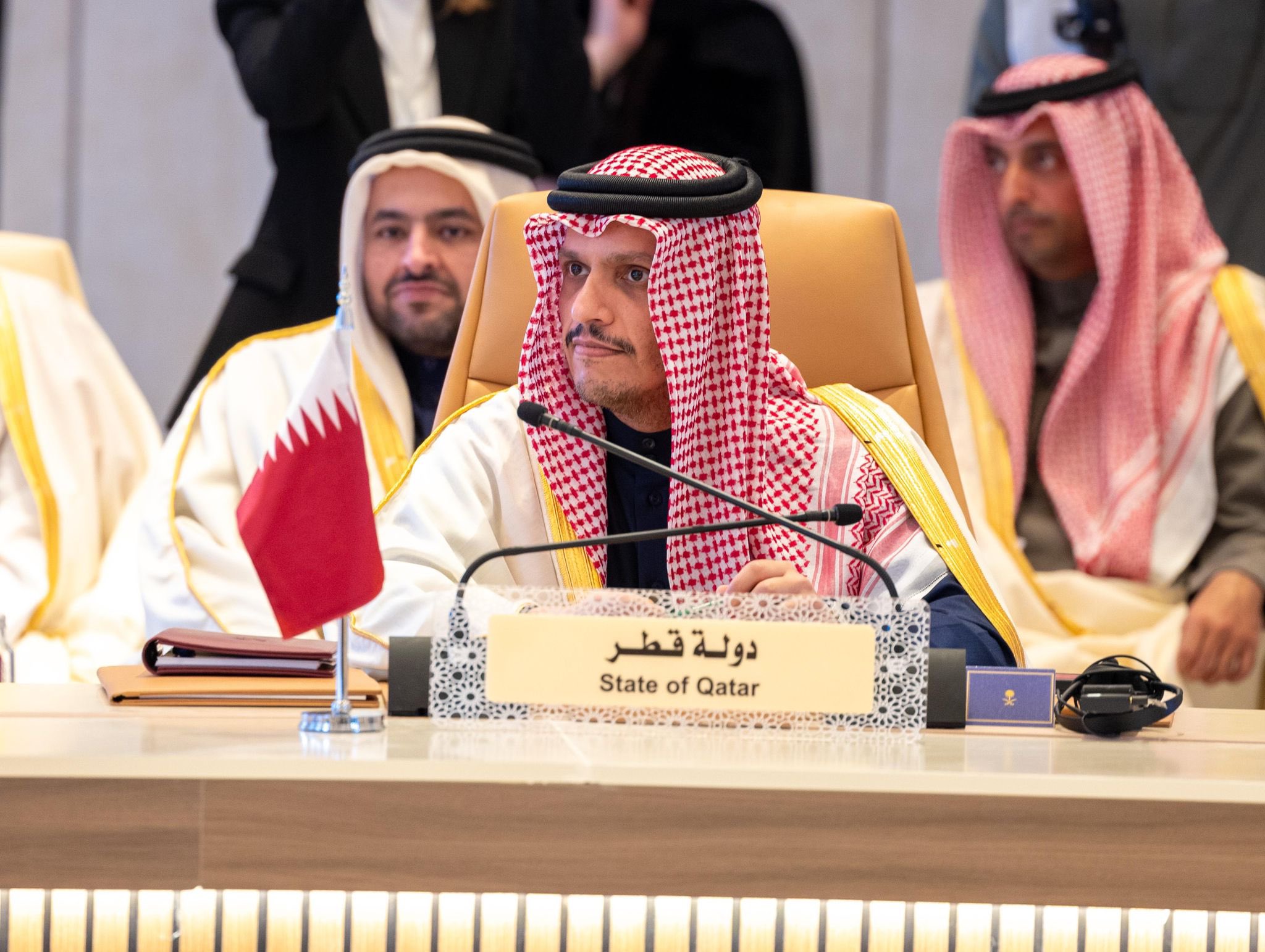Qatar Energy has signed long-term gas agreements with over 20 countries, including Italy and India, positioning itself as a critical energy supplier amid global demand.
Qatar’s Minister of State for Energy Affairs and CEO of QatarEnergy, Saad Al-Kaabi, has strongly criticised the European Union’s new ESG (Environmental, Social, and Governance) reporting standards.
Speaking on the second day of the Doha Forum, Al-Kaabi argued that the regulations impose excessive compliance costs and create unnecessary challenges for companies like QatarEnergy, making them reconsider their involvement in the EU market.
The Corporate Sustainability Due Diligence Directive, introduced in July, requires large companies operating in the EU to address human rights issues, such as child labour, and environmental impacts across their supply chains.
It also mandates transition plans and penalises non-compliance with fines of up to 5 percent of global revenue. The directive applies to non-EU firms earning over €450m ($475m) annually from the EU.
“My message to Europe and to the EU Commission is: are you telling us that you don’t want our LNG (liquified natural gas) into the EU?” Al-Kaabi said during his address.
“I am sure [that Qatar] not going to supply the EU with LNG to support their energy requirements and then [will] be penalised with our total revenue worldwide.”
Al-Kaabi highlighted the disproportionate burden the directive places on companies, requiring extensive monitoring of suppliers and emissions across the supply chain.
“For us at QatarEnergy, and with all the expansions we are undertaking, I can assure you we cannot meet net zero as a company,” he said.
He emphasised that while QatarEnergy supports human and labour rights as well as environmental sustainability, the directive’s implementation is impractical.
“We are also asked to be responsible for tier emissions 1, 2, and 3, and be liable for a penalty of up to 5 percent of our total generated revenue worldwide. This makes absolutely no sense.”
Al-Kaabi warned that the regulations could have a broader economic impact, including deterring investment from entities like the Qatar Investment Authority.
“Ultimately, they could pull out of the EU to protect their funds and look at investing in other countries,” he said.
QatarEnergy, one of the world’s largest LNG producers, is expanding its capacity to control nearly 25 percent of global LNG supply by the end of the decade.
The company has signed long-term gas agreements with over 20 countries, including Italy and India, positioning itself as a critical energy supplier amid global demand.

